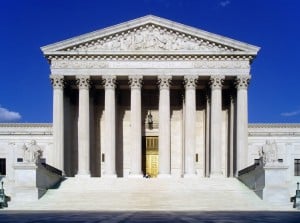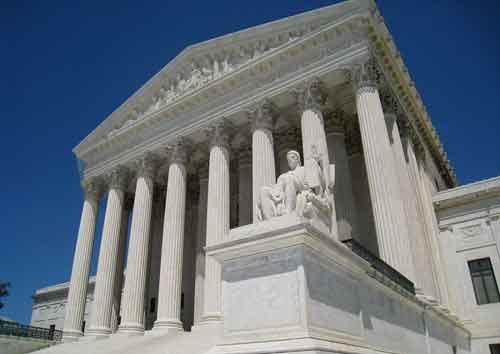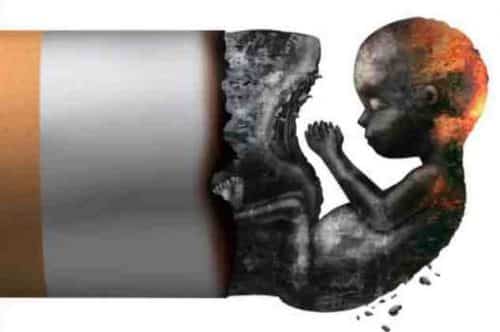
The U.S. Supreme Court on Wednesday heard oral arguments in what will likely become a landmark abortion rights case. The court’s conservative justices, who have a 6-3 majority, gave hints that they are considering weakening or even overturning a 48-year-old decision that held that women have a constitutional right to abort a pregnancy.
In the case, Dobbs v. Jackson Women’s Health Organization, the court is being asked to decide whether a Mississippi state law that bans most abortions after the 15th week of pregnancy is constitutional. Two lower federal courts held it is not.
The law is in conflict with Roe v. Wade, the court’s ruling in 1973 that women have a right to an abortion based on an inferred constitutional right to privacy. It also conflicts with the 1992 Planned Parenthood v. Casey case, in which the court upheld the central principle of Roe but clarified that abortion should generally be available up to the point at which a fetus is “viable,” or able to survive outside the womb.
The stakes are high. If the court overturns Roe, 21 states are poised to immediately restrict or ban abortion. Some have laws that were on the books before Roe passed and would come back into effect. Others have passed “trigger” laws that automatically will come into force if the precedent is overturned. Additionally, lawmakers in at least five other states have indicated interest in restricting abortion.
[content id=”79272″]






